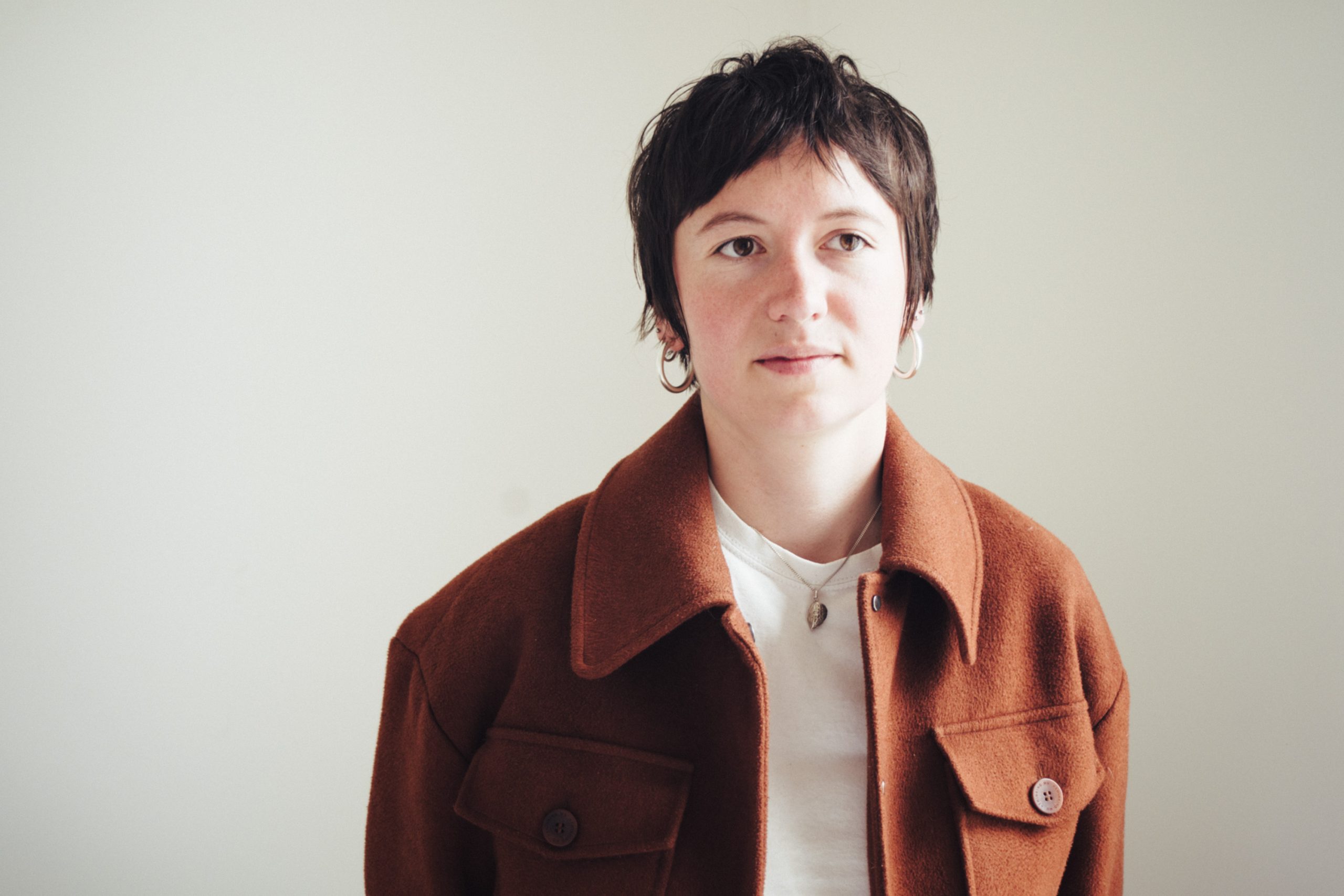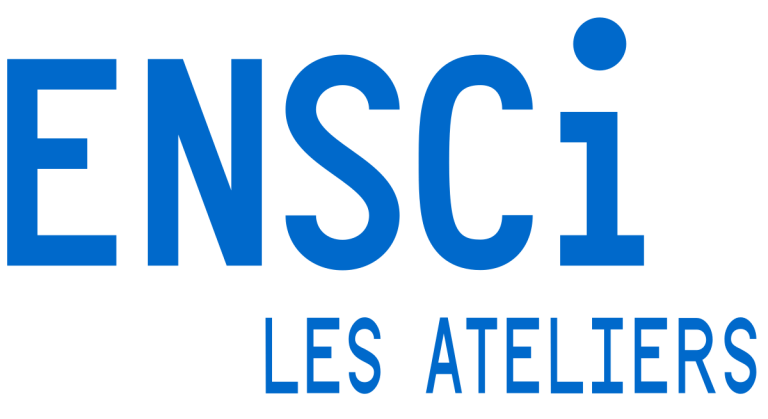Based between Paris and Puisaye (Burgundy), Juliette is a transdisciplinary designer. She holds degrees in cabinetmaking from École Boulle and in Industrial Design from ENSCI – Les Ateliers. Her practice lies at the intersection of the fields she is passionate about: industrial design, anthropology, and craftsmanship. She has worked across a variety of domains, from exhibition scenography to object design, including experimental archaeology.
Juliette Tellier
Designer and scenographer
Spring 2026

- Craft & Design
- New York
“Can we imagine a rapprochement between design and craftsmanship, and a distancing from industry, in favor of an approach more attuned to our time?”
I am a designer. My approach is rooted in a culture of making: I draw, I conceive, I fabricate, or I publish. But I also work in the in-between spaces—between technique and narrative, between design and anthropology. I often see my projects as investigations: I am interested in objects and gestures, in what they reveal about the societies that produce, use, or preserve them.
I have a strong affinity for modest objects, tools, and open systems. I focus as much on material forms as on the sensitive stories that pass through them. Everything can become a field of observation: a workshop, a museum storage room, a webpage, or a place of fabrication. I am drawn to the processes of elaboration—of hypotheses, of transmission—to what we make, but also to how we make it, and to what this reveals about our relationship to the world.
I feel close to the figures of designer-artisans, who move between critical thinking and concrete production. The residency at Villa Albertine follows this trajectory: I would like to explore what a “Shaker design” could be today. It will be neither pastiche nor nostalgia, but rather an attempt to draw, to make, and to think within a local economy, in dialogue with crafts, workshops, and active communities in the United States.
I am going to Villa Albertine with the desire to question what a design inspired by the ethics and formal rigor of the Shakers could be today. This project is not about reviving a style or idealizing a community; rather, it acknowledges a contemporary desire, particularly among younger generations, for a more grounded and sober way of life. I want to explore how objects and furniture might be produced in ways that align with the aspirations of many in my generation—through local, artisanal, engaged, and vernacular trajectories that are, in short, more ecological and less globalized.
This residency offers me an opportunity to rethink the close relationship between craft, design, and industry. Is the historical balance, with a clear distinction between craft and design, and designers working in service of industry, the only possible path? Can we imagine a rapprochement between design and craft, along with a move away from industry, toward an approach more in tune with our time?
The residency will be structured in two parts. The first, Panorama, takes the form of field research. I intend to meet designers, craftspeople, and small-scale structures established in the United States in order to understand the economic, social, and cultural conditions of human-scale object-making. What are their production models? Who are they addressing? Do locally rooted, accessible forms of design still exist? This part will be nourished by visits, exchanges, and observation—particularly in places where the Shaker heritage still resonates: workshops, museums, collections.
The second part, Catalogue, will be both more speculative and more concrete. It will consist of imagining a series of models—furniture, domestic objects, tools—whose production might belong equally to design and to craft. I would like to test forms, materials, and simple processes, and situate myself within a restrained, concrete, and realistic economy.
New York seems to me the ideal setting for this work. First, for geographical reasons: the State of New York is home to several key sites tied to the history of the Shakers, such as the Shaker Museum in Chatham and the collection presented at MoMA. Then, for its vibrant ecosystem of workshops, collectives, and designer-makers in neighborhoods like Red Hook. The industrial past of Brooklyn resonates with the project I am pursuing: to think and produce in relation to a territory, with its working-class memories and contemporary realities.
I wish to meet artisans, independent designers, carpenters, cabinetmakers, but also more hybrid structures—studios, publishers, fab labs, and local micro-production initiatives. The aim is to understand how design and fabrication are practiced today in New York and the Eastern United States, through a craft-based lens. How do people make a living? What gestures are being passed on? What place can design occupy within these often marginal, sometimes precarious, yet always fertile networks?
I am also interested in the social and cultural dynamics at work in the city: the return of manual gestures in artistic practices, questions of degrowth, local economies, and the ethics of making. New York is an ideal vantage point from which to observe these tensions. It is also a territory where I could, I hope, engage in a genuine dialogue of practices.
In partnership with

ENSCI – Les Ateliers

Fondation Bettencourt Schueller
Both a family foundation and a foundation recognized as being of public interest since its creation in 1987, Fondation Bettencourt Schueller aims to “give wings to talent” in order to contribute to France’s success and influence.
To this end, it identifies, selects, supports, accompanies, and showcases women and men who are imagining the world of tomorrow—across three fields that concretely contribute to the common good: life sciences, the arts, and social solidarity.
With a philanthropic spirit, the foundation operates through prizes, donations, personalized support, uplifting communication, and co-constructed initiatives.
Since its creation, the foundation has honored 676 laureates and supported more than 1,400 projects led by talented individuals, teams, associations, and organizations.
More information at www.fondationbs.org | Instagram @fondationbettencourtschueller | X @Fondation_BS | Facebook @Fondation Bettencourt Schueller| #talentsfondationbettencourt.

Wanted Design
Founded in 2011 in New York City by French New Yorkers Odile Hainaut and Claire Pijoulat, WantedDesign has evolved into a dynamic connector and amplifier for global design, fostering creative synergy and serving as a pivotal crossroad for the international design community. Following an important transformation for these past years, the multi-generational, women-led company now includes Colombian partner Daniela Giraldo Hinestroza and will continue to build on its foundation of community, education, and curation. Through its diverse array of programs- including residencies, workshops, immersion trips, and a membership program- WantedDesign connects designers at every stage of their career with key players of the industry across the Americas and Europe. Claire and Odile, based in New York, have also taken on the role of Brand Directors for ICFF since 2023. Daniela continues to lead from her hometown of Medellín, Colombia.
WantedDesign’s legacy includes the successful WANTED (previously known as the WantedDesign Manhattan), acquired by Emerald Expositions in 2019 to become a section within the International Contemporary Furniture Fair. Co-founders, Odile and Claire, stepped into their role as brand directors of ICFF in 2023 and will continue to do lead the show in 2024. WantedDesign will continue to support the WANTED section at ICFF to spotlight outstanding emerging design.

